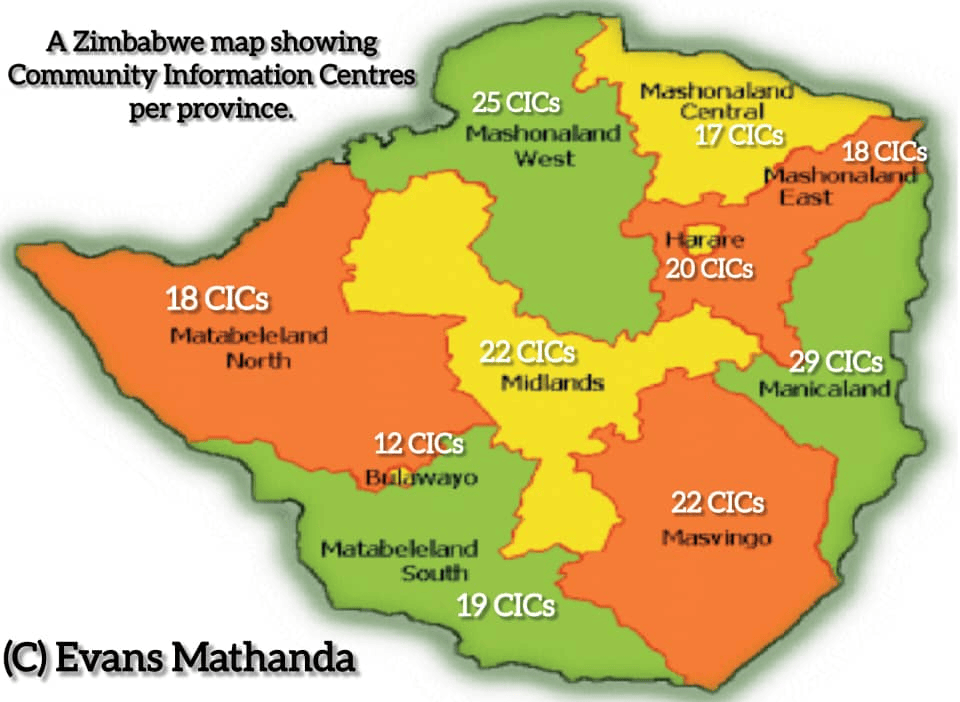
BY PRAISEMORE SITHOLE
MATABELELAND-BASED residents associations have been challenged to unite in demanding that locals take control and benefit from their natural resources to end cyclical poverty.
The calls were made on Thursday during the Matabeleland Regional Residents Associations summit hosted by the Bulawayo Progressive Residents Association (BPRA) where they were unpacking the challenges they had encountered throughout the year.
Zimbabwe Open University senior lecturer Tobius Guzura said locals should manage their resources to reduce poverty.
“The poverty and sickness that were experienced in communities can be averted when communities embrace ownership of their resources,” Guzura said.
“We are looking at a process that involves full participation of indigenous people and they should be involved in decision making activities.
“This incorporates local institutions and indigenous knowledge systems. Whatever we do in dealing with natural resources, we should consider the local people first.
“This is what we consider when we are looking at community based natural resources management.
- Chamisa under fire over US$120K donation
- Mavhunga puts DeMbare into Chibuku quarterfinals
- Pension funds bet on Cabora Bassa oilfields
- Councils defy govt fire tender directive
Keep Reading
“The Communal Areas Management Programme for Indigenous Resources (Campfire) project’s main aim was that communities should take charge of their resources and not wait for the central government.”
He argued that the clash between modernity and tradition was also impacting the management of natural resources.
“We have our indigenous knowledge on how to manage our resources,” Guzura said.
“Modernity and the current laws have made our indigenous practices, acts of criminality and that is where community based management of resources should come in.
“Currently there is an issue of sand poaching in Pumula. Someone goes there and mines sand and they do not care about the consequences that will be faced by the community members in that area.
“These people are suffering because of those activities and all these are issues that should be covered under community based resource management.”
Guzura said the community based resource management goes beyond money.
“Even if we do not make money, it is about how we can make use of our nature in a conservative manner to prolong and sustain its use by communities for perpetual benefits from those communities,” he said.
According to a survey done by Agriculture expert Pierre Kabeya Tchakatumba in districts of the southern Lowveld, Campfire direct economic benefits to rural households are small but villagers appreciated the infrastructural development projects from the proceeds.
Communities are pushing for further decentralisation of Campfire to the community level to ensure maximum benefit is derived from their natural resources.
Residents associations, including the BPRA, Bubi residents’ association, Gwanda Residents Association, Lupane Residents Association supported the idea of having locals controlling their natural resources.










